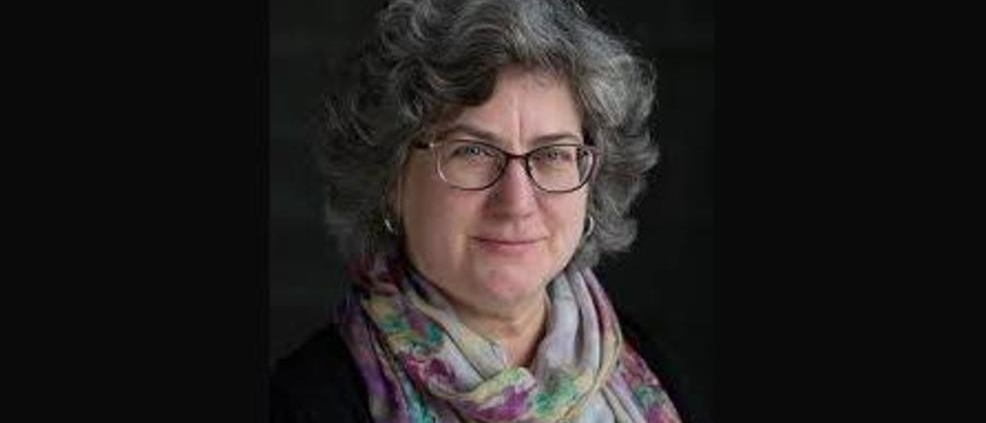We train people well
This article was originally published by the Ashland Tidings
Deborah Rosenberg, professor in costume design at Southern Oregon University, is enjoying her 20th year as a faculty member of the SOU Theatre Program. Rosenberg acted in college and found herself in costume design when she admitted to a director that she knew how to sew. I visited with Rosenberg in her office in the university’s newly expanded Theatre Building.
D.R.: I discovered that costume design gave me some distance from the stage pictures, whereas, with acting, you’re in the middle of it. I found that my temperament was better served by being able to see the whole picture rather than the immersion experience from within. I could easily see that costume is too light, and that costume’s too dark, and I need more red on the rest of the stage.
We often get students who are interested in performance and discover lighting design for the very first time. It’s a glorious thing to watch a young person say, “I didn’t even know about this. And now I must know everything.” Or we have someone who comes in as a quiet, very shy person, and we watch them just grow in confidence, strength, skill, and interest, and they’re standing center stage. It’s fun to watch the transformation of young people, of where they come from, mentally, emotionally, physically, to where they get to in just a few short years.
E.H.: What draws students to your program?
D.R.: I think the initial thing is our proximity to the Oregon Shakespeare Festival. To be down the street from a world-class theater is pretty significant. Students come because of the proximity and then discover that we’re quite good at this. We’re large enough to give many options to many people. We’re small enough to know them by name and understand their personal strengths and challenges.
We train people well so that they are ready when they graduate to work almost anywhere in the country, particularly in design and tech. If they are performance majors, they have the skills to audition anywhere in the country. Our students who choose grad school often get scholarships. Our students who choose to work in the field get work in the field. We’ve had some wildly successful graduates. Students come here knowing that they’re not wasting their time and money. They’ll be fully educated, confident, and experienced enough to take the next step. We are confident that they have the skills to have the lives they want in almost any part of this country that they choose to live.
E.H.: What sets theater apart from other arts?
D.R.: The fact that it’s such a collaborative art form. I bring my part, costume design. My colleague Sean O’Skea brings scenic design. The lighting designer and the sound designer bring their pieces. We don’t work individually for very long. I might design the costumes in solitude, but as soon as those sketches exist, the work is shared by many, many, many people.
We’ve all been listening to the director, who has a vision. We are then filling the room with additional voices and more sets of hands so that we make something together that is more powerful than any one of us.
We’re learning from each other, we’re sharing with each other. We are sparking ideas. An idea leads to an idea, which leads to another idea. It’s partly the alchemy of everybody thinking about the same challenge. Theater makes us more than ourselves, makes us bigger than ourselves. The experience is richer than one would have individually. We’re each bringing our best selves. And in a complex world, that’s a gift, and a treat, and a refuge.
To learn more about SOU Theatre Academic Programs, see sou.edu/academics/theatre. Or call 541-552-6346




